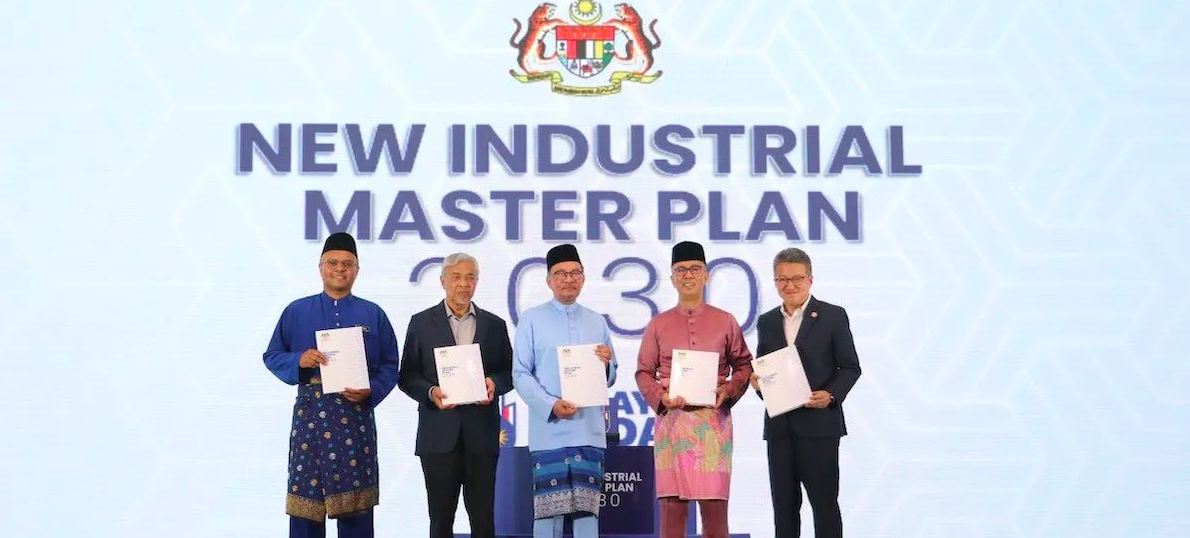Digital sector and wage increases focus of Malaysia's new business plan
The new NIMP 2030 industrial master plan will for the first time run for seven years instead of 10. In addition to revitalising traditional sectors of the country's economy such as manufacturing, it looks at digital with the intention of attracting semiconductor production lines and increasing workers' wages.
Kuala Lumpur (AsiaNews) - Malaysia has presented its new industrial master plan (NIMP 2030) which aims to chart the path for industrial transformation from 2023 to the end of the decade.
Compared to the previous ones, this latest project is more ambitious given that it contains innovations for businesses to increase turnover but also employment to a level that makes the country competitive on a global level.
So far, Malaysia has struggled to implement previous programs. The shorter duration of the plan - 7 years instead of 10 - is due to the impact of the Covid-19 pandemic and policy changes for a program that Kuala Lumpur was expected to relaunch in 2021.
In total, the estimate is that the NIMP will need of RM95 billion (nearly €200 million) in lifetime investments.
The first objective of the plan is to bring the country's annual growth rate to 6.5% of GDP, increasing the performance of the manufacturing sector; the second point on the agenda is the 2.3% increase in employment and 9.6% in the average salary of workers.
Another aspect concerns the development of some sectors that are considered priorities in the 2030 plan: aerospace, chemical, electronics, pharmaceuticals and those linked to medical devices.
In addition there are four new areas that the Malaysian government aims to grow: advanced materials, electric vehicles, renewable energy and corporate carbon storage.
The NIMP 2030 also combines the reindustrialization of Malaysia with the proposal to facilitate the digital tradition - through the technological reconversion of production - and the ecological transition (supporting net zero emissions).
The Kuala Lumpur plan stands out from previous ones because for the first time it dedicates an entire chapter to the implementation of projects. Indeed, this has always been the Achilles heel of previous NIMP documents: in the past, plans were introduced, only to languish in their implementation.
The 2023-2030 NIMP has specific strategies (21 total) and action plans (62), grouped for each mission. The action plans include dedicated sectors for achieving the tasks assigned in each mission.
For example, for the first mission regarding the development of the electronics industry, the project's action plan is to start by attracting global industry leaders with concessions to establish their semiconductor production lines in Malaysia.The progress made over the years will be published in regular reports.
Malaysian Prime Minister Anwar Ibrahim called NIMP 2030 “the basis for restructuring the economy and the starting point for making Malaysia a regional economic power, ensuring a fair and equitable distribution of economic wealth to the people.” The King of Malaysia, Al-Sultan Abdullah also gave his approval for the new industrial development plan.
Meanwhile, the first fruits of the plan presented in September are starting to be seen: the American industrial compressor giant Alton Industry Ltd will invest more than 100 million dollars in a research and development facility in the Malaysian state of Johor and a company spokesperson has explicitly linked Alton's decision at NIMP 2030.
21/05/2024 16:54
25/02/2023 15:55







.png)










